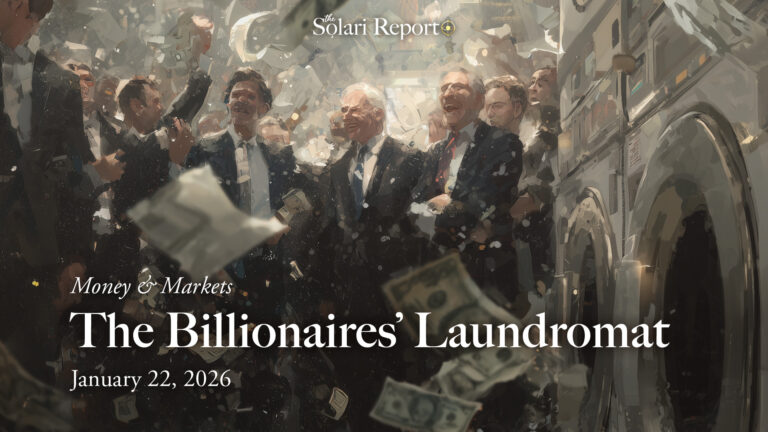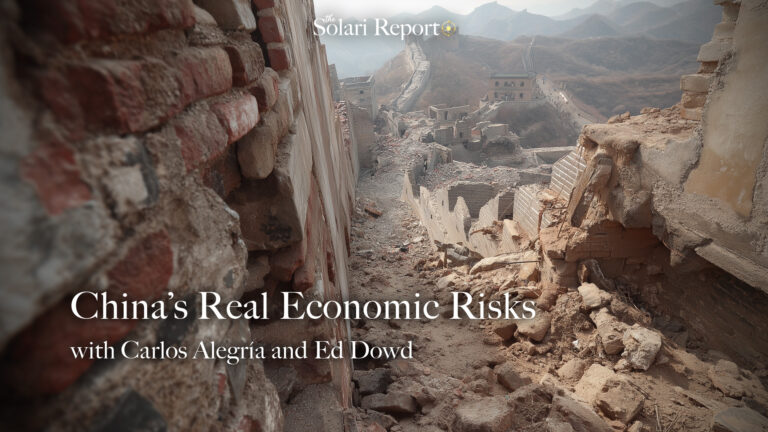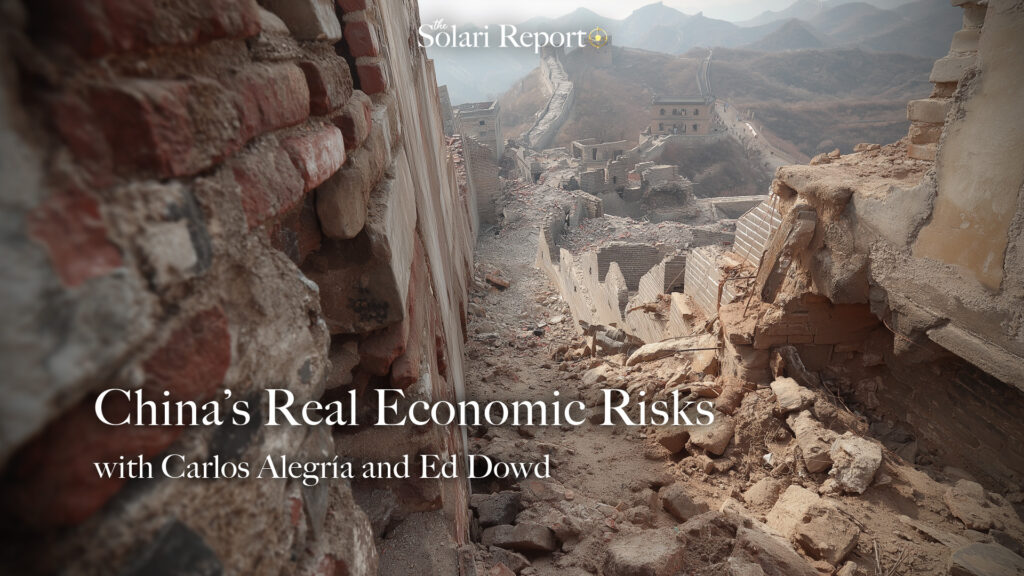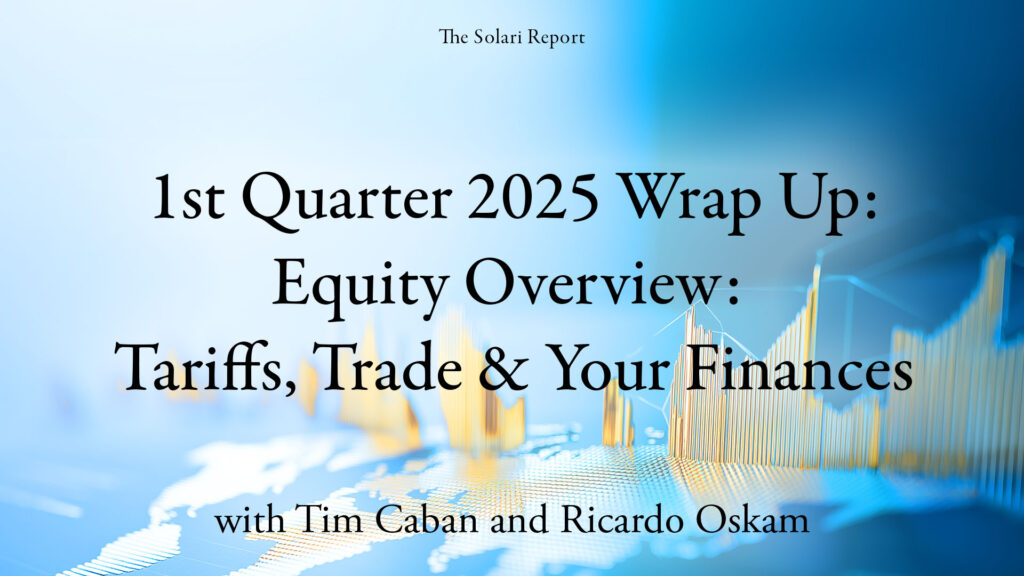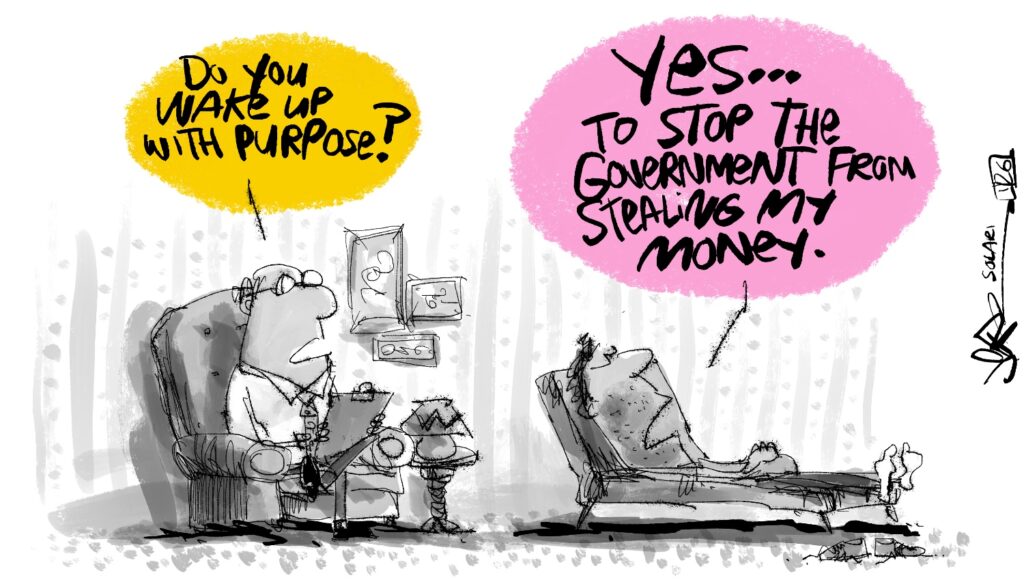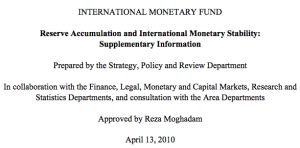IMF on International Monetary Stability
Become a member: Subscribe
- Money & Markets
- Weekly Solari Reports
- Cognitive Liberty
- Young Builders
- Ask Catherine
- News Trends & Stories
- Equity Overview
- War For Bankocracy
- Digital Money, Digital Control
- State Leader Briefings
- Food
- Food for the Soul
- Future Science
- Health
- Metanoia
- Solutions
- Spiritual Science
- Wellness
- Building Weatlh
- Via Europa
Solari’s Building Wealth materials are organized to inspire and support your personal strategic and financial planning.

Missing Money
Articles and video discussions of the $21 Trillion dollars missing from the U.S. government
No posts
- LATEST
- TOP SECTIONS
- SERIES
- Money & Markets
- Weekly Solari Reports
- Ask Catherine
- News Trends & Stories
- Equity Overview
- Cognitive Liberty
- Young Builders
- Building Wealth
- The War for Bankocracy
- Digital Money, Digital Control
- State Leader Briefings
- Food
- Food for the Soul
- Future Science
- Health
- Metanoia
- Solutions
- Spiritual Science
- Wellness
- Via Europa
- BLOGS
- RESOURCES
- COMMUNITY
- My Account
- Log In
- Subscribe
- Search
- Shop
- Support
- Donate
- Log Out
IMF on International Monetary Stability
HOW DOES TODAY’S INTERNATIONAL MONETARY STABILITY COMPARE TO PREVIOUS ERAS AND SYSTEMS?
Overview
1. Gold standard. The modern history of the IMS starts with the shift from a bimetallic system to the Gold Standard in the 1870s and 1880s (Ghosh and others, 2002, McKinnon, 1996). Under the Gold Standard, the major national currencies were freely convertible to gold at a fixed exchange rate, with adjustment largely undertaken through flexible prices, wages and income. This system survived up to the outbreak of the First World War, and while it was subsequently re-established in a modified form following a painful period of post-war disinflation, the economic and political strains of the Great Depression led to the system’s ultimate collapse in the 1930s.
2. From fixed to floating. Negotiations between the U.K. and U.S. in the 1940s led to the post war emergence of the Bretton Woods system of fixed and adjustable exchange rates
tied to the dollar, with the dollar fixed to gold and the IMF established to oversee the system. However, this system too faced repeated strains, and with the dollar’s link to gold broken and most major currencies floating in the early 1970s, the current arrangements centered on floating currencies were born. The U.S. dollar remained the key reserve currency in the new system, with U.S. Treasury Bills the major reserve asset.
Continue reading International Monetary Fund
Our mission is to help you live a free and inspired life. This includes building wealth in ways that build real wealth in the wider economy. We believe that personal and family wealth is a critical ingredient of both individual freedom and community, health and well-being.
Nothing on The Solari Report should be taken as individual investment, legal, or medical advice. Anyone seeking investment, legal, medical, or other professional advice for his or her personal situation is advised to seek out a qualified advisor or advisors and provide as much information as possible to the advisor in order that such advisor can take into account all relevant circumstances, objectives, and risks before rendering an opinion as to the appropriate strategy.
Be the first to know about new articles, series and events.






